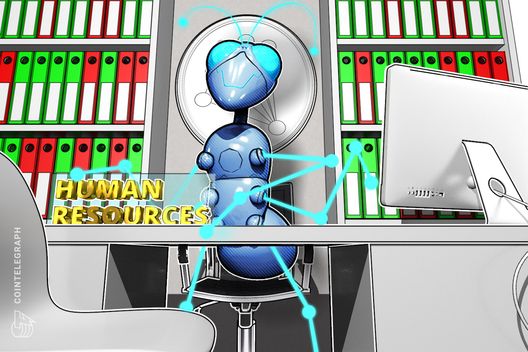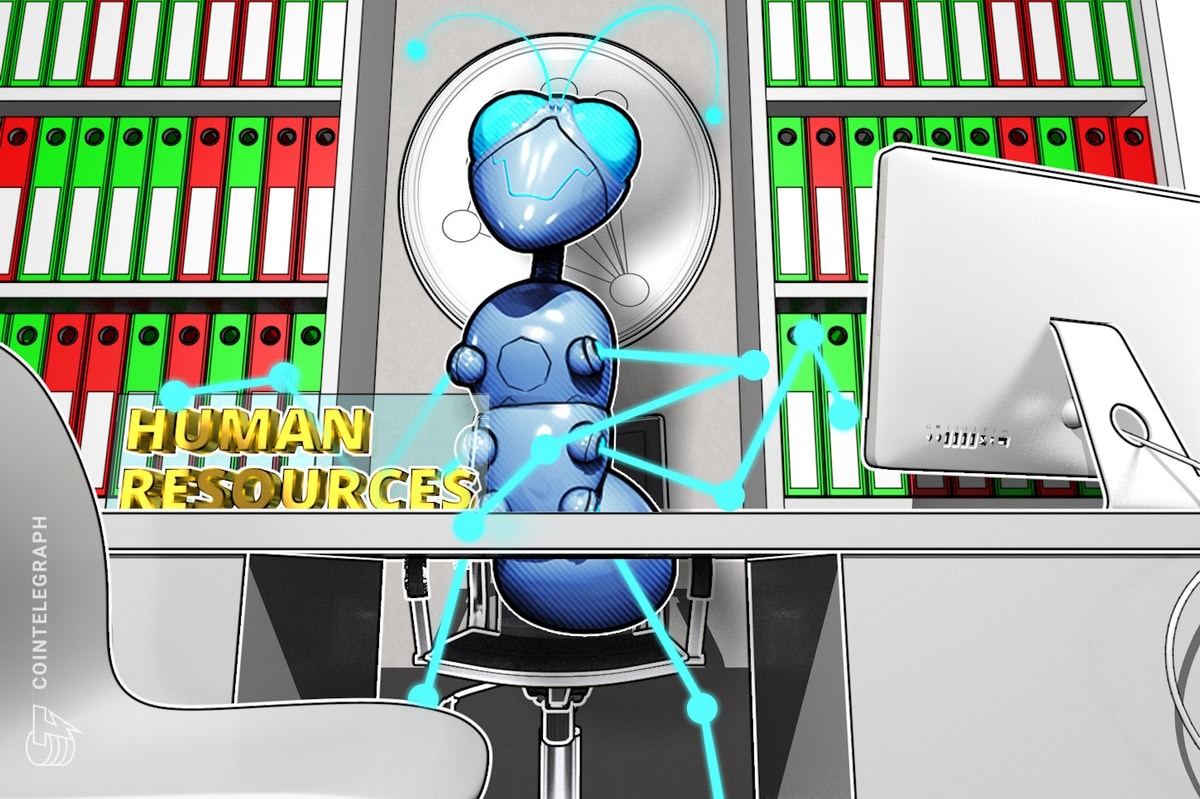
Opinion by: Ignacio Palomera, co-founder and CEO of Bondex
The global hiring landscape is changing rapidly. Today’s job seekers are increasingly turning to generative AI to draft cover letters, tailor resumes and even simulate interview prep.
Agentic AI is auto-applying, generative AI is drafting personalized applications at scale, and AI auto-apply tools enable candidates to apply to thousands of roles in minutes. Employers are inundated with applications that look polished, persuasive and tailored — but often lack any real signal of effort, capability or authenticity.
When anyone can crank out a polished, high-quality application with just a few AI prompts, the traditional cover letter — once seen as a chance to stand out and show real intent — becomes a commodity. It stops signaling effort or enthusiasm and starts looking more like standardized output.
Hiring managers are now staring at inboxes filled with slick, personalized applications that all feel strangely similar. And that’s where the real problem kicks in: If everyone sounds qualified on paper, how can you tell who has the skills and knows how to game a prompt? It’s not about who writes best but about who can prove they can deliver in the real world.
A fragile trust system gets worse with AI
Traditional hiring has long relied on trust-based signals such as resumes, references and degrees, but these have always been weak proxies. Titles can be inflated, education overstated and past work exaggerated. AI blurs things even more, cloaking unverifiable claims in artificial eloquence.
For fast-paced, remote-native industries like crypto or decentralized autonomous organization ecosystems, the stakes are even higher, as there’s rarely time for deep due diligence. Trust is extended quickly and often informally — risky in a pseudonymous, global environment. More HR tooling or AI detection won’t solve this. What’s needed is a stronger foundation for trust itself.
It’s time for verifiable reputation and onchain employment
Consider a hiring manager trying to verify work history, social handles or onchain contributions.
Today, decentralized identity (DID) systems help you prove that you’re a real human — that you exist and are not a bot. That’s useful, but it’s only the start.
What they don’t address is the deeper layer: What have you actually done? There’s a new frontier emerging — one where your professional history, credentials and contributions can be verified and made portable. It’s not just about checking a box to prove that you exist. It’s about codifying your experience so your reputation is built on what you’ve done, not just what you say.
Related: Blockchain needs regulation, scalability to close AI hiring gap
In this model, your resume becomes a programmable asset. It is not a static PDF but something that can evolve, be queried and, in some cases, be privately verified without revealing every detail. That’s where tools like zero-knowledge proofs come in, giving users control over how much they reveal and to whom.
Some might argue that this all feels a little too invasive. In practice, however, and especially in Web3, most serious contributors already operate through pseudonymous identities built on provable actions, not job titles. DIDs got us to “real humans.” Verifiable reputation gets us to “real contributors.” And that’s the fundamental shift worth paying attention to.
From HR filters to smart contract gates
As reputation becomes programmable, entire industries stand to be reshaped. Grants, hiring rounds and even token sales could use provable credentials as filters. No more guessing who’s qualified or compliant. You can’t fake a pull request merged into a core repo or pretend you completed a course linked to a non-fungible token (NFT) issued by a smart contract.
This makes trust composable — something that can be built into protocols and platforms by default. What’s provable today includes contributions, learning history and verifiable credentials. Soon, entire work histories could be onchain.
A trust upgrade for AI-era hiring
The AI-generated job application is just a symptom of a larger trust breakdown. We’ve long accepted unverifiable self-reporting as the default in hiring, and now we’re facing the consequences. Blockchain-based identity and credential systems offer a path forward — where individuals can prove their work and hiring decisions can be based on verifiable data, not guesswork.
We need to stop pretending that polished language equals proof of skill. If hiring — and broader reputation systems — are to survive the coming AI wave, we need to rebuild the foundation of trust. Onchain credentials are a compelling place to start.
Opinion by: Ignacio Palomera, co-founder and CEO of Bondex.
This article is for general information purposes and is not intended to be and should not be taken as legal or investment advice. The views, thoughts, and opinions expressed here are the author’s alone and do not necessarily reflect or represent the views and opinions of Cointelegraph.


